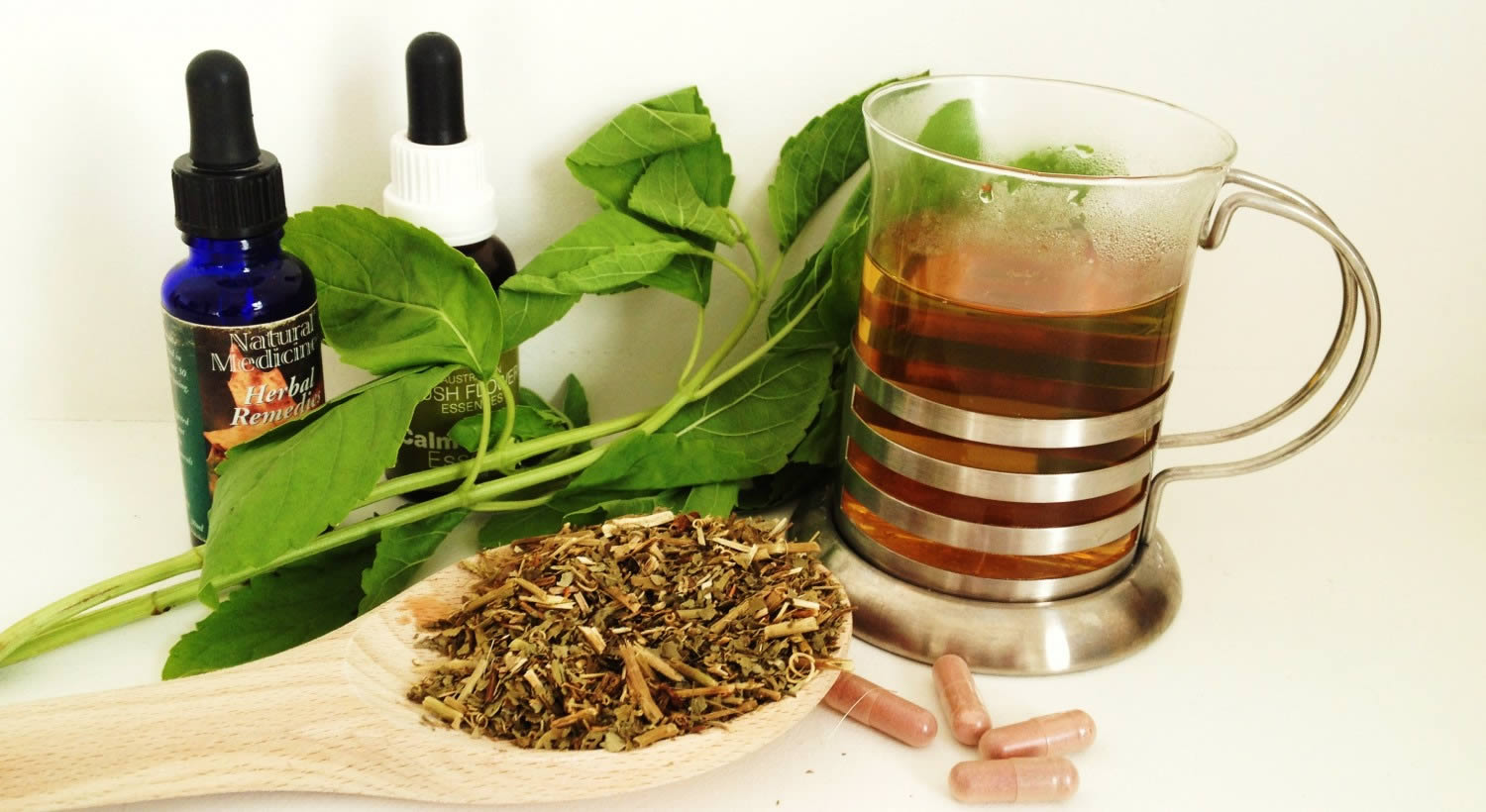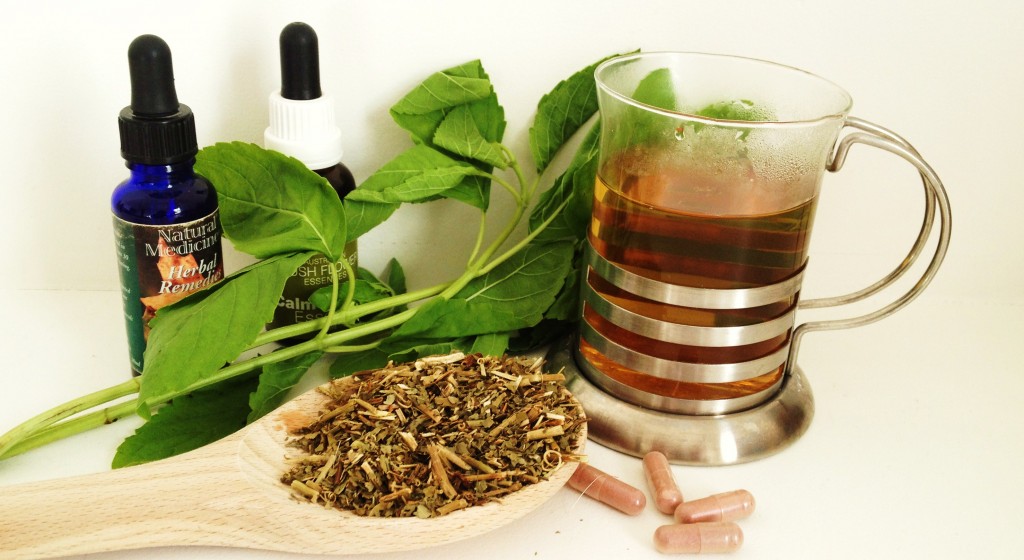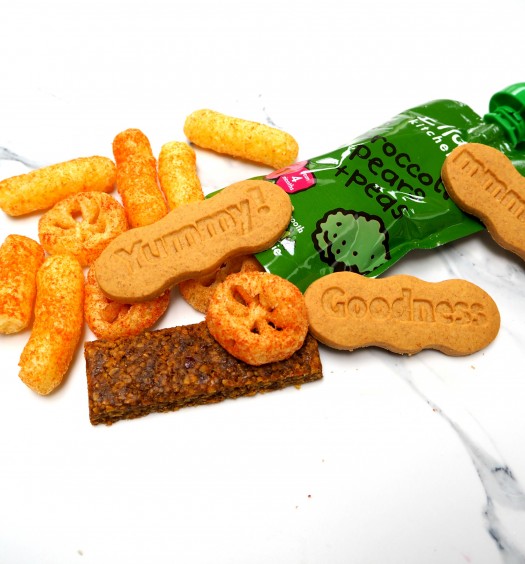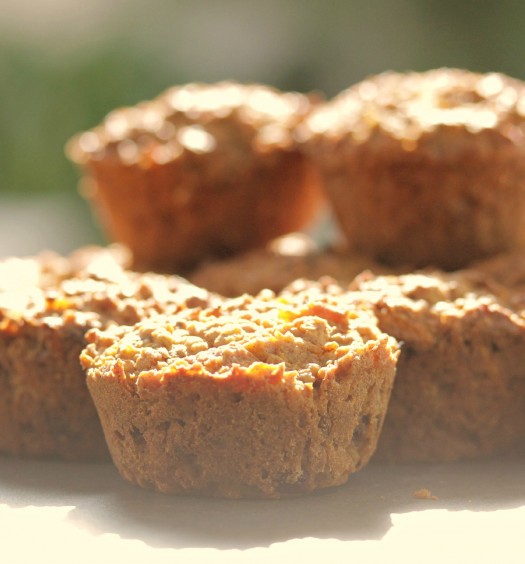Stress is one of those conditions whereby we’re so anxious and exhausted from events that just taking care of ourselves seems stressful. I know I shouldn’t be using stimulants but in that moment getting through the day seems impossible without caffeine. I crave a sugar pick me up in the afternoon and once the kids are finally in bed my thoughts won’t stop racing. The only way to quieten them is with a glass of wine. Sound familiar? Well it’s the typical response to excess stress hormones in the system.
Stimulants make the situation worse. There’s a strong relationship between nutrition and stress – our nutritional state affects our stress response and ability to cope. I know the key is to control blood sugar levels (when they’re out of balance the adrenal hormones elevate) increase foods rich in magnesium, B vitamins and omega-3’s to help calm the situation (that means lots of greens, oily fish and wholegrains) and a magnesium-rich Epsom salt bath is particularly relaxing but in my stressed out mind I simply don’t have the time for these luxuries. I naively think that if I focus on dealing with the stressful situation I can take time to relax and concentrate on my health later. The reality is the longer you stay stuck in the stress zone, the harder it is to break out of it.
There are activities designed for releasing stress but picking up a yoga mat or heading to tai-chi isn’t top of my list after a stressful day although picking up a glass of wine is – the very thing that’ll make it worse. That’s where herbs come in. They can help to distance yourself from the chaos in your mind giving you a chance to relax and recharge. Stepping back from the current stress and perceiving the situation in a calmer way gives you the opportunity to make better diet and lifestyle choices.
Stress is a major factor in most diseases and although we can’t avoid stressful events we can change the way we react to them, retaining balance in the body.
The best herbs to combat stress
Ginseng (Panax or Siberian): this is perhaps one of the most studied medicinal herbs. It’s used to promote calmness and a sense of well being by improving resistance to stress. If stress is causing fatigue, ginseng can have an energising effect. Basically it helps adapt to and resist the effects of stress, reducing anxiety.
Rhodiola : a powerful adaptive herb, if you’re exhausted it’ll bring you up, if you’re totally wired it helps calm.
Ashwangandha is one of the main restorative herbs in Ayurvedic medicine. It’s known to help stabilise mood and a sense of emotional well-being as well as reducing the effects of stress on the body. It can also help with insomnia and anxiety. Although the effect isn’t immediate (it takes around two weeks) the benefits are an increase in strength and energy through the day and improved sleep. I like to drink the tea but be warned, it doesn’t have the most alluring flavour.
You can find the above herbs in combination, often with schizandra, another anti-anxiety herb. They work really well together or alone.
Powerful teas
Holy Basil (ocimum tenuiflorum) has been used for centuries to alleviate stress. It’s especially useful if your adrenal cycle is out of whack ie you’re tired in the evening but can’t get to sleep and regularly find yourself waking around 3am. It comes as tea, extracts and dried leaves. It grows really well in the garden but I get mine in asian shops (or some supermarkets) and cook with it – it’s the main herb used in thai food – or infuse into a tea. It only takes about a week to notice an improvement.
Lemon balm has historically been used to reduce anxiety and lower stress. It also makes a delicious tea. Studies show that lemon balm can reduce cortisol concentrations and improve alertness and cognitive performance. You can get lemon balm extract, leaf or tea – all are effective although the fresh leaves are most potent. This herb is one of the easiest to grow. It’s also readily available in shops. Another good use is for calming kids that won’t stay in bed or are being overly hectic.
Passion flower is one of my favourite herbs to have to hand. I love the taste of the tea and find it instantly relaxing. It’s great for when I really need to chill out. Studies show the tea improves sleep quality and is effective against anxiety. Again you can grow this yourself or buy the loose herb or tincture. It works well in a tea with chamomile which you can also grow.
Tea preparation
The quality is far superior if you buy the loose herb or fresh leaves rather than a tea bag. You can easily find them online or in select health shops. To prepare, preferably use a covered teapot as the essential oils (which contain the active ingredients) evaporate so you want to retain them. If preparing straight in a cup, put a cover such as a saucer over the top to ensure nothing is lost. Allow to steep in hot water for at least five mintues before drinking.
Note: When using herbs, seek advice from a practitioner trained in their use. Some herbs are not compatible with medications.
We hope you found this article helpful. Let us know how you get on in the comments below or on our facebook page and don’t forget to sign up to our newsletter to receive more recipes, nutrition tips and expert advice.






